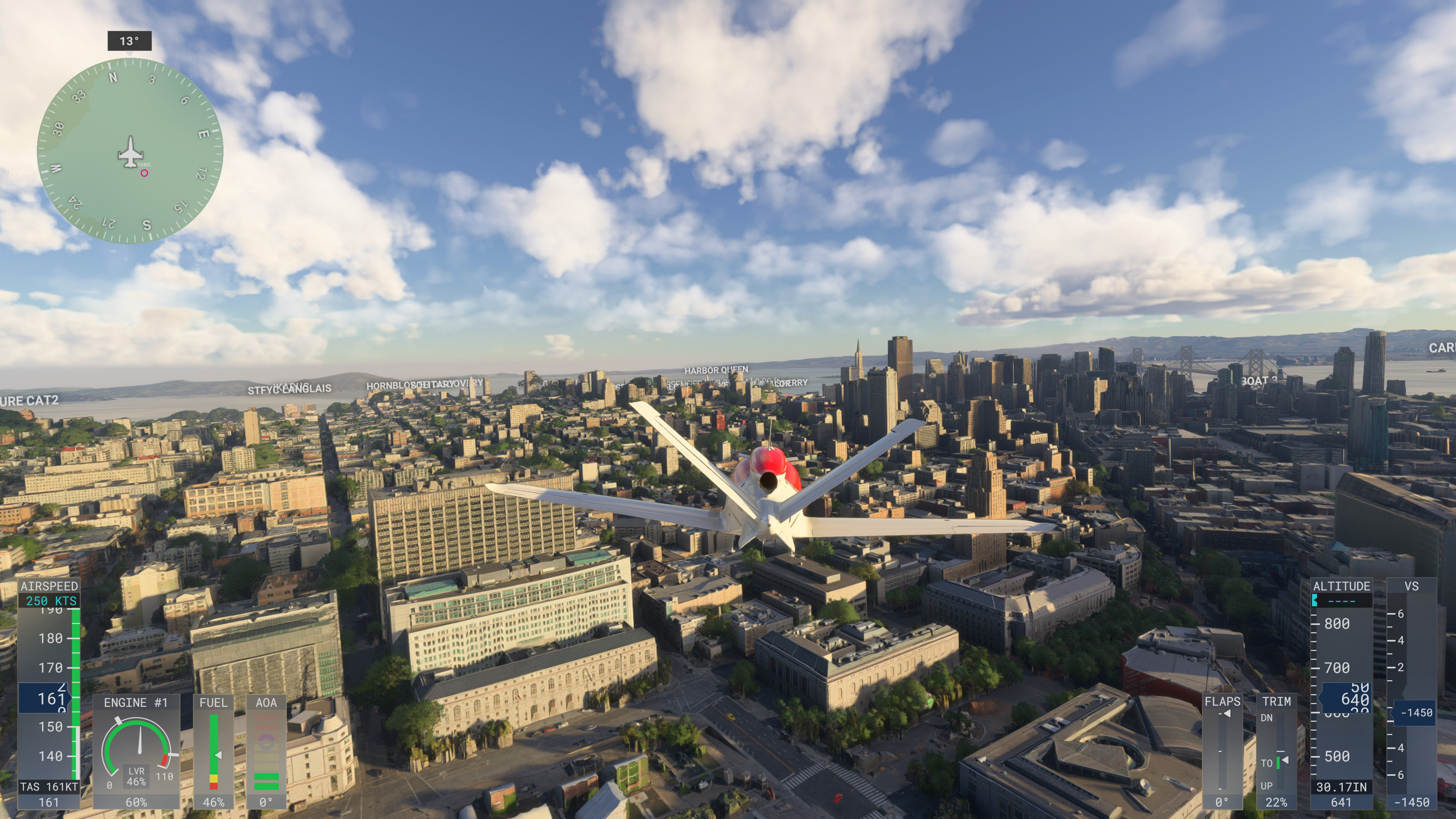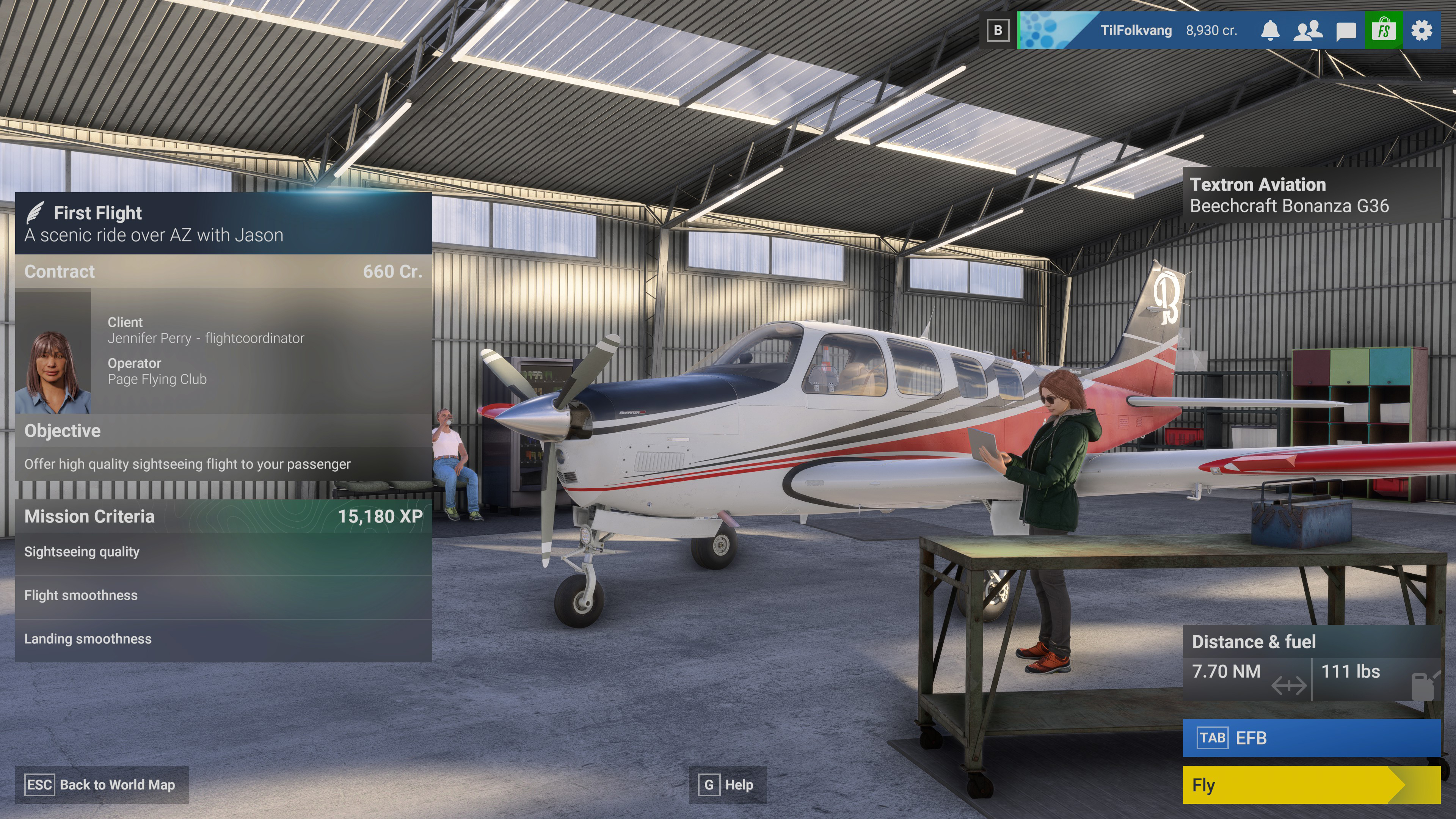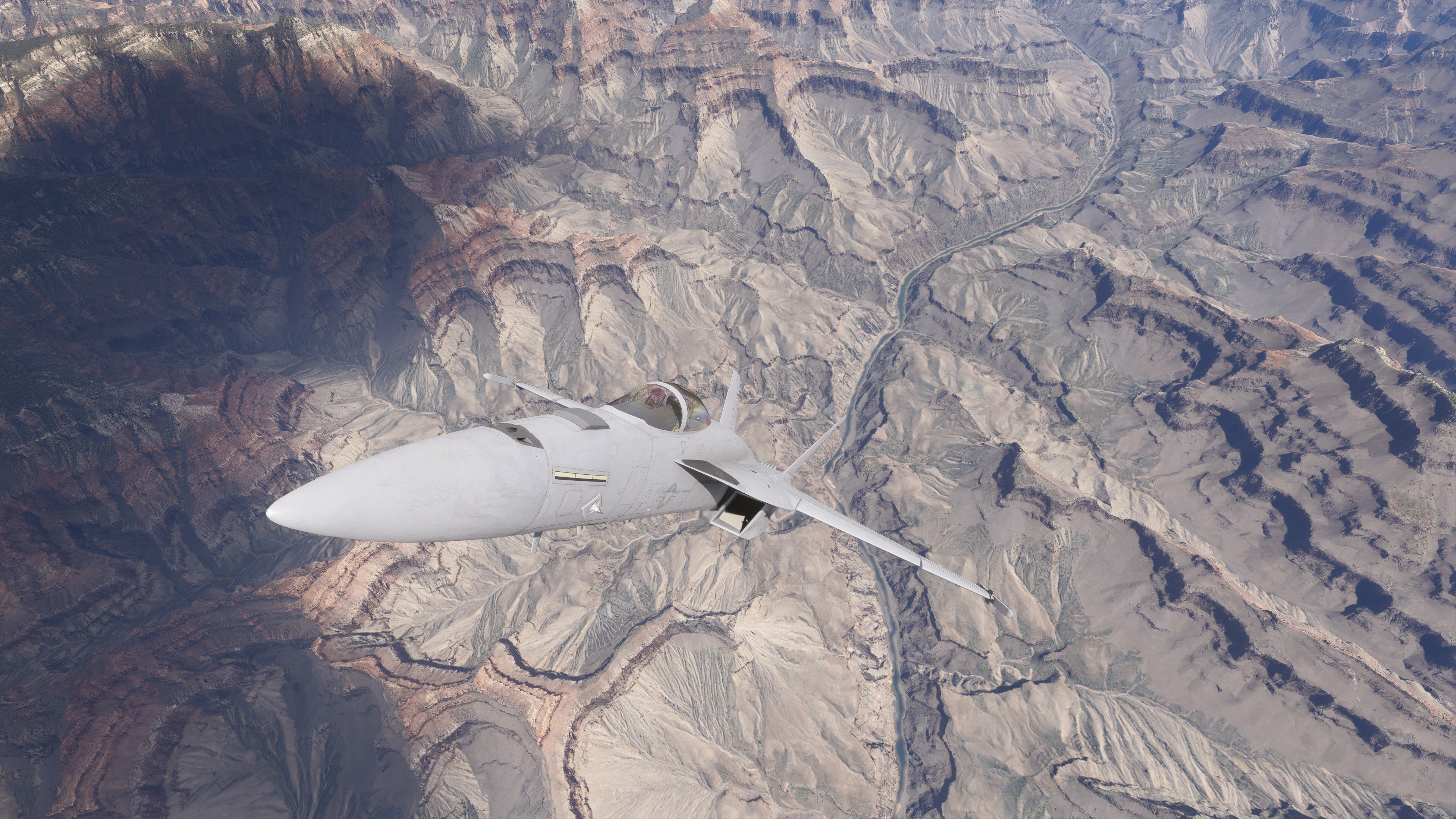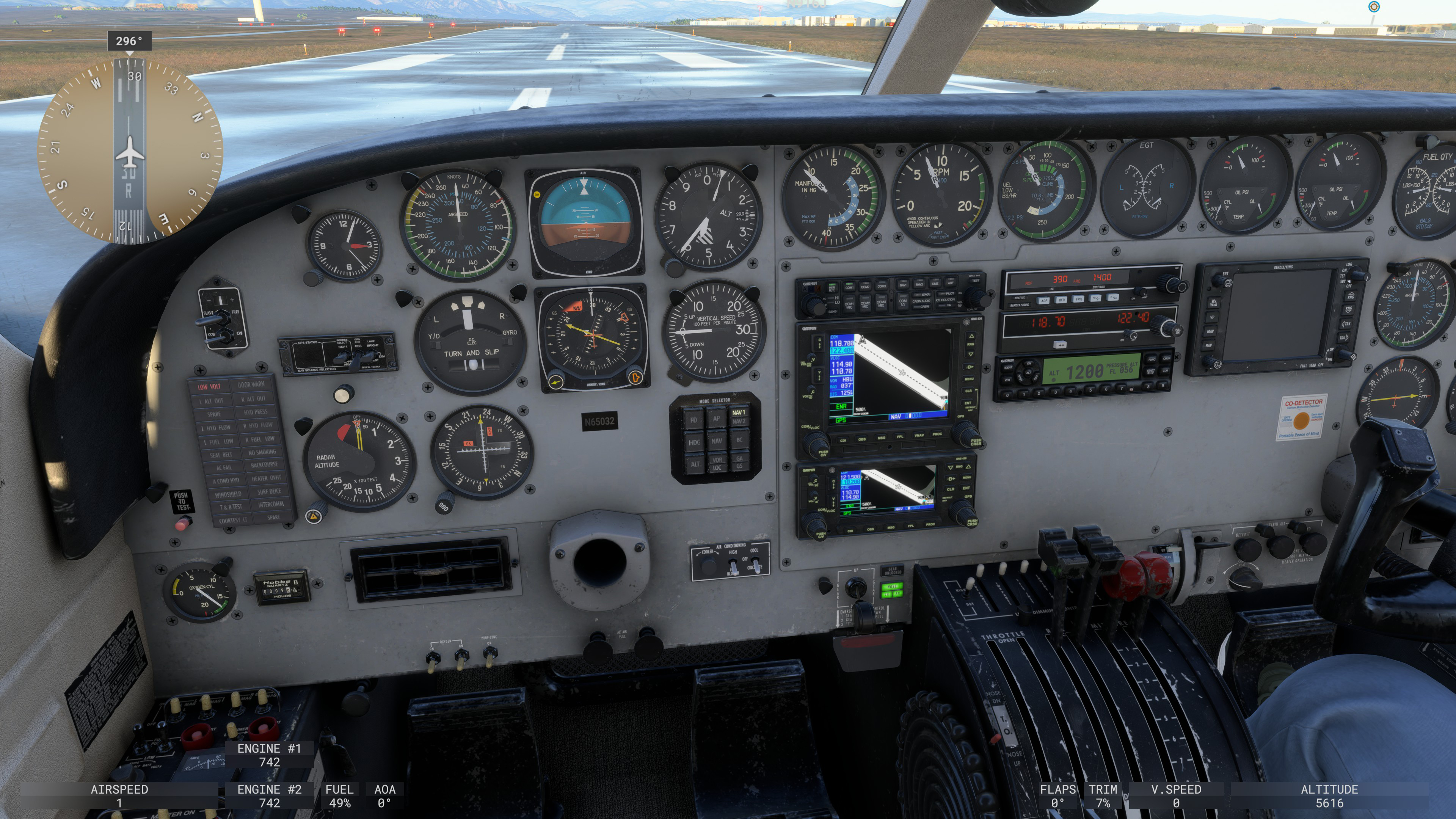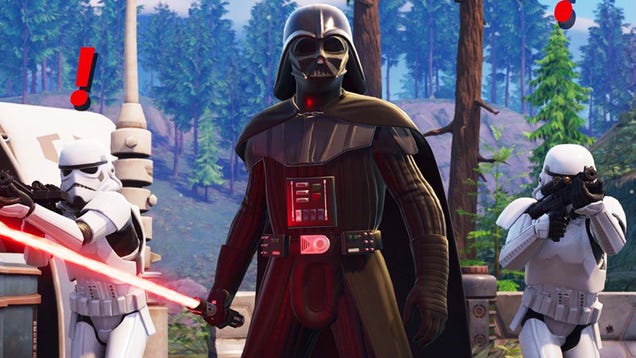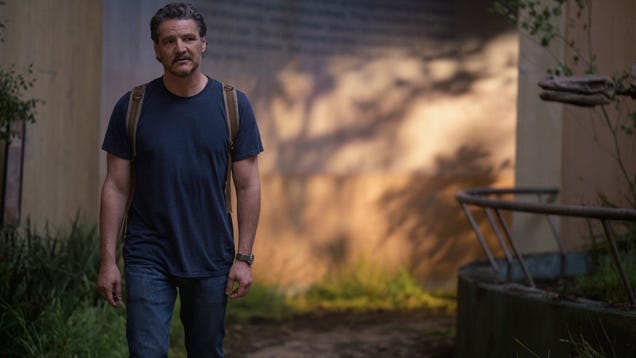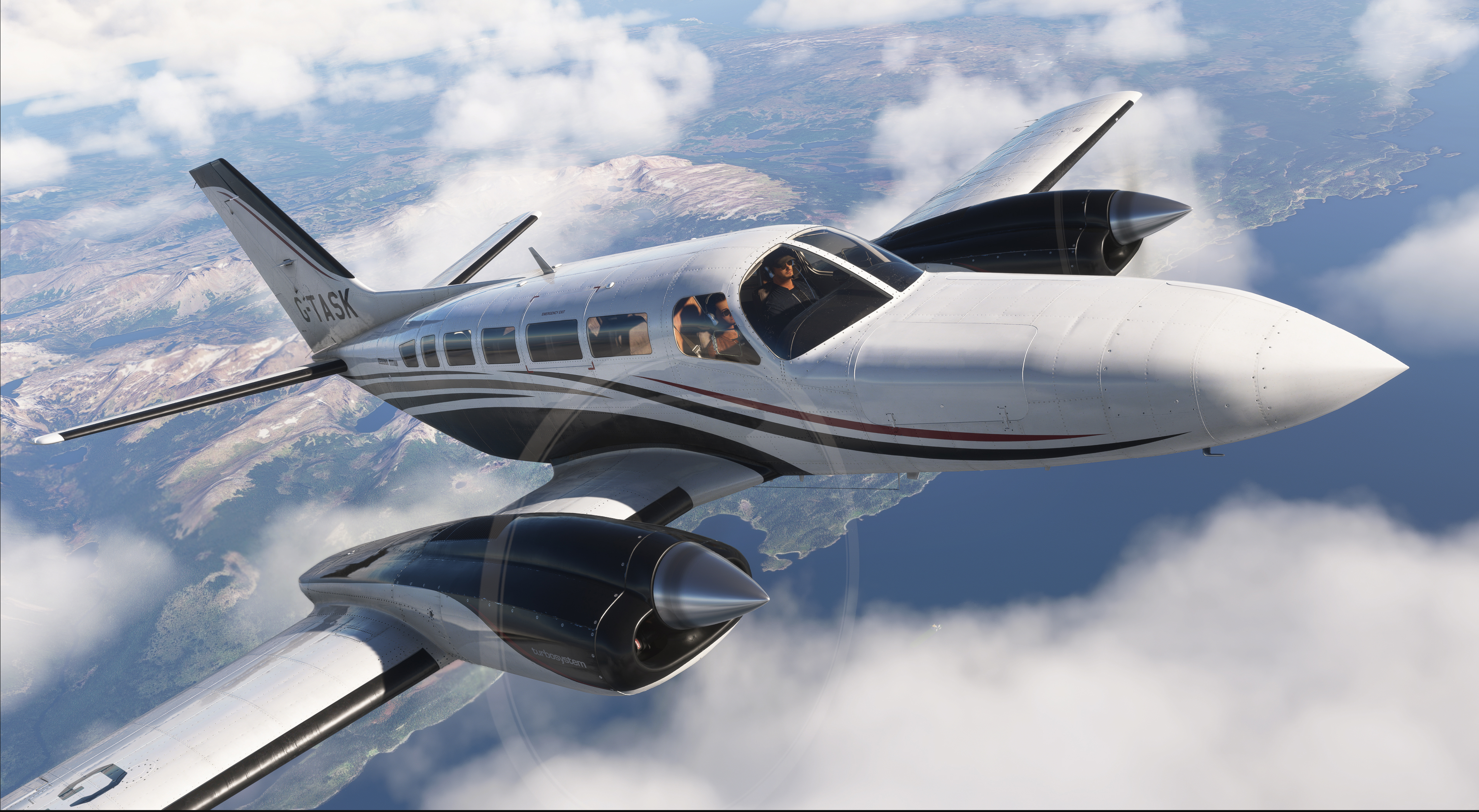
Fly higher, further, and faster—if you have the set-up for it.
What is it? The latest in virtual aviation that includes the highest-fidelity recreation of our planet in any videogame to date
Expect to pay: $70/£70
Developer: Asobo Studio
Publisher: Xbox Game Studios
Reviewed on: Ryzen 7 3700X, GeForce RTX 2070 Super, 32 GB RAM, Logitech Extreme 3D Pro Joystick
Steam Deck: Unsupported
Multiplayer? Leaderboards
Link: Official site
Presenting the entire Earth in even greater fidelity than its 2020 predecessor, it’s hard to overstate what a remarkable technical accomplishment Microsoft Flight Simulator 2024 represents. The aircraft and cockpits are astoundingly detailed, both visually and in how they function. The physics of flight are delightfully authentic, and while it has its quirks, no one has ever even tried to include our entire planet in a game with such fine-grain detail.
Before we get ahead of ourselves, I want to acknowledge the horrendous state of the servers at launch that prevented me and many others from even being able to play at all. These have been, at least for me, almost entirely resolved as of the writing of this, though I still do run into occasional issues like the fact that I can never seem to get all of the high-res geometry in the Grand Canyon to load. It was not an acceptable launch day experience, by any means. But I have seen no indication in my testing that you will have that bad of an experience today, so I’m willing to let the past be the past.
It is worth noting, though, that due to the streaming nature of modern Flight Simulator, you will have a variable experience depending on your network set-up. I’m lucky enough to be soaring on gigabit wired ethernet, and allocated 200 GB on a fresh SSD to FS2024’s “rolling cache” that stores things like terrain data for frequently-visited locations. The load times, especially for a first-time launch, are much better than they were in FS2020 regardless, but Microsoft does recommend at least 100 Mbps of bandwidth for playing on max settings. I haven’t needed that much—the most I’ve seen FS2024 use at any given time is around 46 Mbps. But it’s something to be aware of.
You are a pilot
Microsoft has identified three types of players Flight Simulator aims to cater to: hardcore simmers who want the most realistic experience, gamers who want to earn rewards for completing challenges, and sightseers who want to visit cool world landmarks. I like to think I have a little bit of all three wolves inside of me. I appreciate a lot of the little touches of realism, I’m a geography and architecture nerd who is easily delighted by things like being able to fly under a faithful recreation of the Golden Gate Bridge, and I sure do like it when number goes up.
While I’d say the simmers and sight-seers are well served, FS2024’s attempt at a goal-driven career mode is a little bit underwhelming. I did enjoy practicing and taking exams to earn new certifications for stuff like IFR flight and jet aircraft, but the actual economics of being a freelance pilot are shallow and not that interesting to manage. It takes many, many hours of mercenary work on borrowed wings, handing over most of your pay in finder’s fees, before you can even afford to own the cheapest plane available. And while the mission variety—from dropping off skydivers at 10,000 feet to helping put out forest fires—is enough to keep things interesting, I never got the feeling of running a small business that I was looking for.
Blue Yonder
It hardly mattered when I was cruising in and out of gorgeous volumetric clouds or diving down almost low enough to dip my toes in the sparkling Nile, however. FS2024 truly looks incredible. At least from 1000 feet up, or when you’re admiring the many bespoke airports and landmarks—both new and returning from FS2020—it’s probably one of the best-looking games I’ve ever played. Beyond the bounds that human artists have touched up, though, it handles certain things better than others at eye-level.
I know, I know. This isn’t Microsoft Walking Simulator 2024. But if you give me the option to exit my aircraft and trudge around with a custom avatar, of course I’m going to put it through its paces. And what I found was a startling level of believability across a multitude of distinct biomes… as long as you stick to rural or wilderness, inland areas. Walking through the wooded hills around Divide, CO that I spent a lot of my childhood in was almost eerie in how faithful it felt.
But if you get to more populated areas, things get surreal and bizarre pretty quick. Don’t expect to be able to walk around the streets of Tokyo without wondering if your graphics card is malfunctioning or you’re maybe having a bad trip. This engine also still can’t handle places where land and water meet that well, which is unfortunate if you want to take a cruise up the Pacific Coast or around the fjords of Norway. Waves often look painted on and unmoving, and river banks frequently defy gravity in wacky ways. It’s still damn impressive. I mean, they modeled the whole Earth! But these details stick out more because of how unbelievable a recreation it is otherwise.
Different yokes for different folks
Aside from a good internet connection and a good GPU, the remaining entry cost to have an ideal experience with FS2024 is some kind of a dedicated peripheral. You don’t have to splurge on a full HOTAS if you don’t want to—my trusty Logitech Extreme 3D Pro, which will run you about $30 on sale, served perfectly admirably with a keyboard beside it to give me access to more hotkeys.
Each excursion in a new vehicle [feels] almost like getting to know a new person.
But I also tried to tough it out with an Xbox controller for about 12 hours, and I can only just barely recommend this experience if that’s your only option. It’s playable, but not having fine throttle control is a constant issue, and all of the control surfaces are really, really touchy with that tiny thumbstick. I definitely got cramps trying to hold the correct angle of attack for climbing, and I had to adjust the sensitivity per aircraft to not put myself into a death spin on every take-off and landing. I can’t even imagine trying to play with a mouse and keyboard alone.
If you’re less interested in the simulation aspects, there are a lot of options to tweak your flying experience. With all of the assists turned on, it can feel pretty arcadey. Much too arcadey for my taste, but it’s nice that they give you that choice. On the other end of the spectrum, you can go through a pre-flight checklist and manually flip every switch in the cockpit before takeoff, and the air traffic control system is much more detailed than FS2020. You’re still going to hear a lot of uncanny AI voices, which I don’t love. But given the number of missions and different airports, it’s not like they could have recorded human dialogue for all of it.
Final destinations
The variety of aircraft, with 70 even in just the base edition, is also pretty incredible—with everything from commercial airliners to fighter jets to hot air balloons. Each has its own distinct quirks and handling challenges to learn, which makes each excursion in a new vehicle feel almost like getting to know a new person. Helicopters and I never quite saw eye-to-eye, but I’m particularly partial to the rugged “taildragger” bush planes that let me take off and land quickly in the middle of some random field in Africa.
And many of these wild areas are now populated by migrating local wildlife, too, with the highly-detailed and excellently-animated models borrowed from Frontier’s Planet Zoo. They don’t have a wide variety of behaviors, unfortunately. You can walk right up to a polar bear or a water buffalo and they really won’t even acknowledge your existence. But it’s a cool little touch, and yet another excuse to use the full-featured photo functions. There’s even a whole new World Photographer mode that challenges you to snap pics of various animals and landmarks, which I found to be a relaxing break from career mode.
If you want to really put your piloting skills to the test, there’s also a selection of challenges with weekly leaderboards, ranging from perfecting difficult landings to doing what I can only describe as “some Top Gun shit,” trying to fly through locales like the Grand Canyon in an F-18 while maintaining as low an altitude as possible. These are neat, but definitely a lot more stressful than the other modes as well.
The core of what makes this long-running franchise great is stronger than ever.
And this sim is also not without some quirks, glitches, and oversights. One issue I ran into multiple times was at some of the smaller, procedurally-generated airports you might fly out of for certain missions, where my plane would spawn with one wing partially stuck inside of a structure, making it impossible to take off. Other times, I’d get dinged for infractions like using my flaps at too high of a speed when my plane was standing completely still with the parking brake on. These issues tend to be small, infrequent, and with an easy workaround of simply picking a different mission. But they are still annoying.
None of that gets in the way of what Flight Simulator 2024 represents in its entirety, though. It takes the mind-boggling ambition of the 2020 sim and executes on it even better—launch woes notwithstanding—which is already a massive accomplishment. Some of the new things it tries to do work better than others, but the core of what makes this long-running franchise great is stronger than ever.

